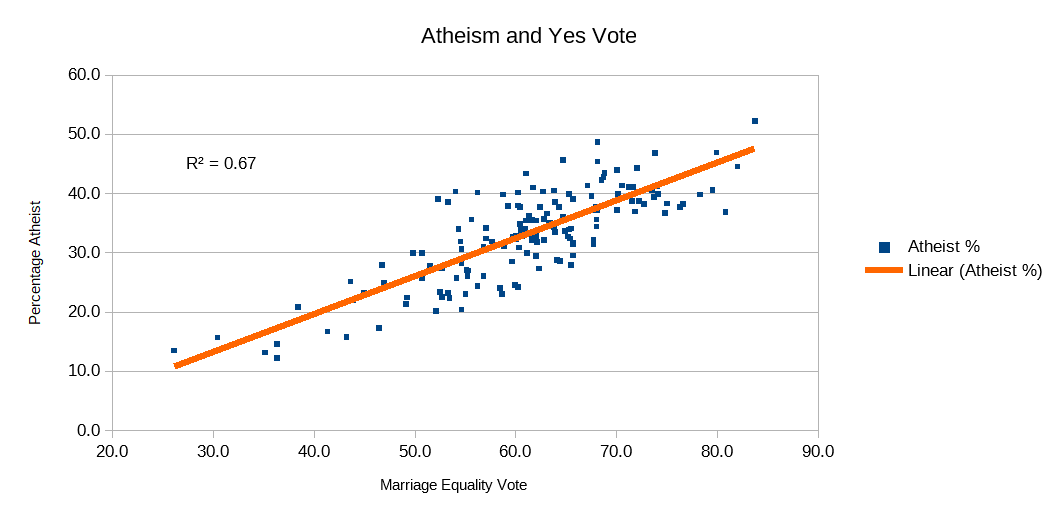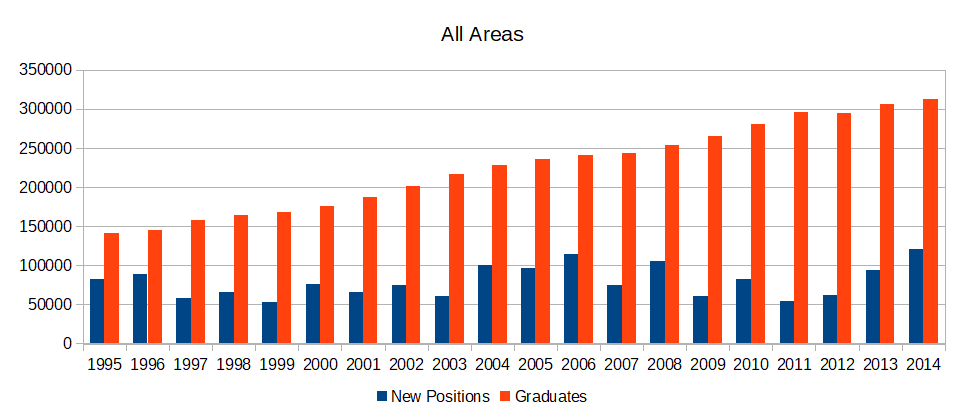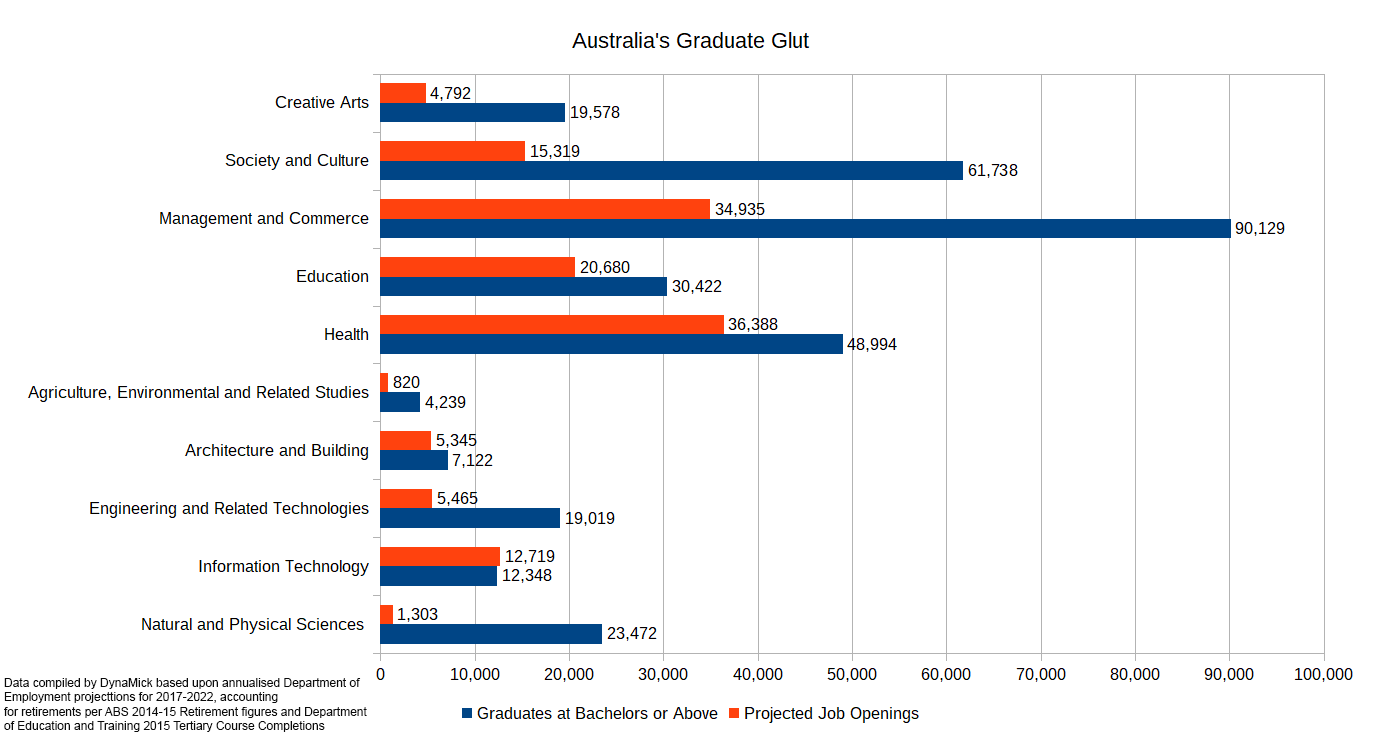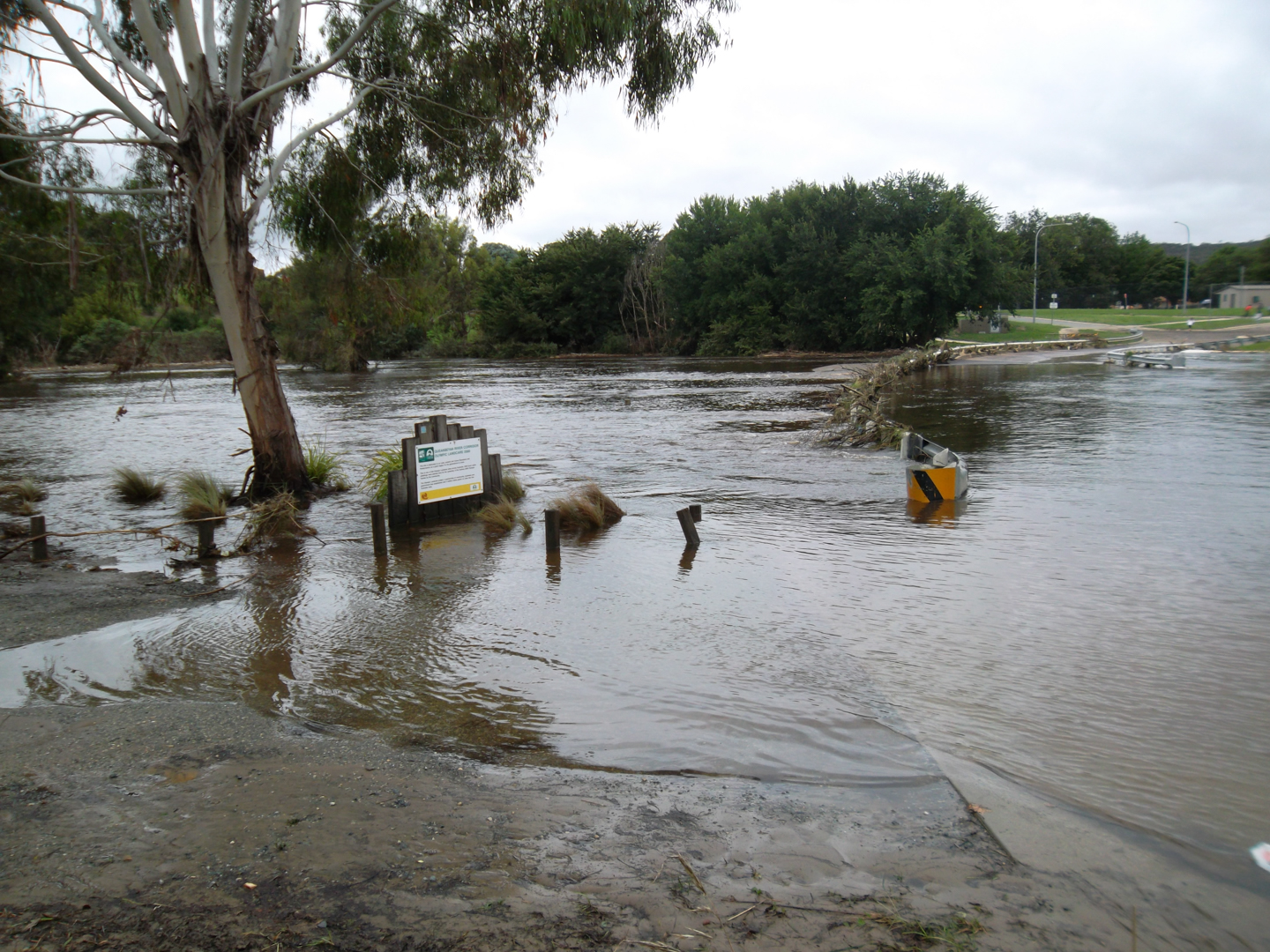We are all free to choose our own purpose, our own values and to make our lives our own projects. In a world without godly codes, everything is permitted and it is up to us both as individuals and as members of the greater mankind to decide what is good and just. Our own choices and actions demonstrate what we see as good, and our society’s conception of ‘good’ is the sum of our individual choices. So far, so Jean-Paul Sartre. But most of the folks who make up our society don’t ever actually consider their values or examine their lives the way a bourgeois philosopher might. How many amongst us have ever really considered the meaning of their lives beyond simple surface level goals?
For most of us, our values aren’t defined by a heady contemplation of ethics – we muddle along and try to make the best of the limited information which is readily available. At best, our ethics are informed by looking at parents and role models, at worst by simple osmosis from the society in which we are immersed and only in the case of rare individuals through active contemplation. So if, as Sartre asserts, “everything happens to every man as if the entire human race was staring at him and measuring itself by what he does”, what happens when the bulk of people are not actively choosing, but merely being swept along in their unexamined lives?




